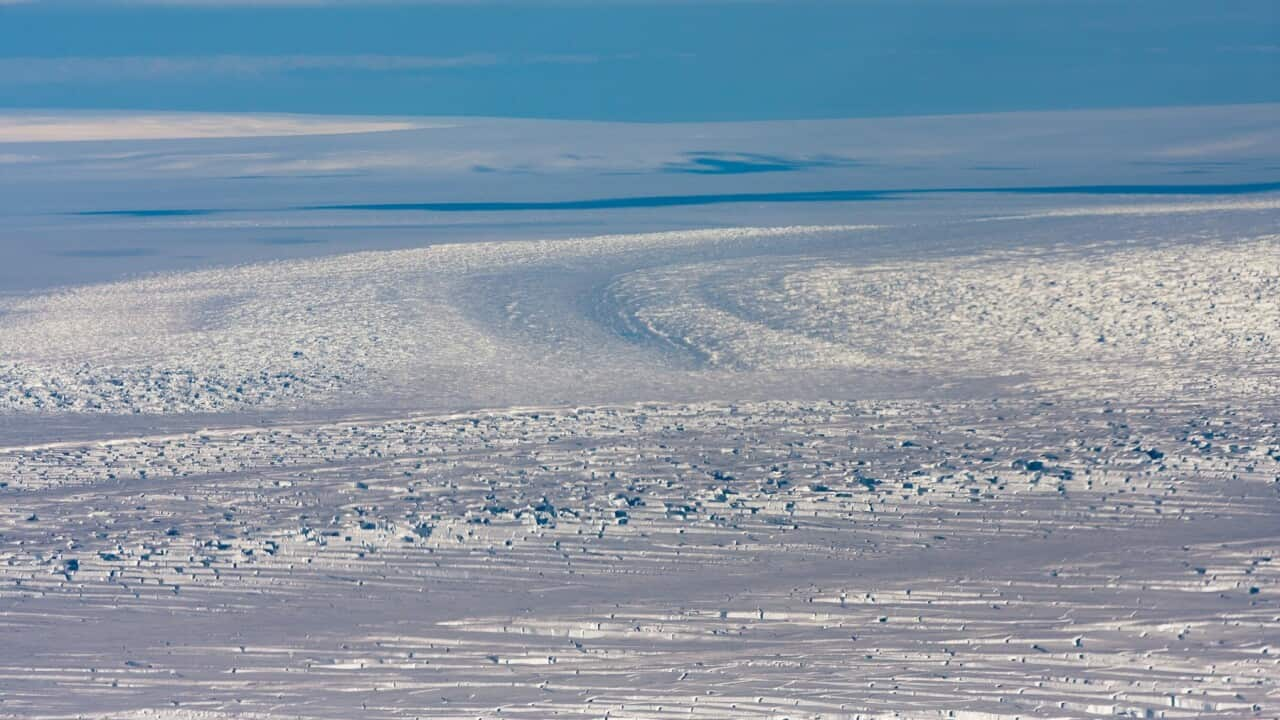TRANSCRIPT
It's a fight so often waged by the world's youth, but now a climate victory has been handed to a group of around 2,000 Swiss women mostly in their 70s
The European Court of Human Rights in Strasbourg found Switzerland had "failed to comply with its duties" to combat climate change and meet emissions targets.
The decision was handed down by Siofra O'Leary, the President of the European Court of Human Rights
"The court finds that there were some critical lacunae in the Swiss authorities process of putting in place the relevant domestic regulatory framework. This included a failure to quantify, through a carbon budget or otherwise, national greenhouse gas emissions limitations. Furthermore, as recognised by the relevant authorities, the respondent state had previously failed to meet its past greenhouse gas emission reduction targets by failing to act in good time and in an appropriate and consistent manner."
Svanette Belka [[Svah-net bell-ka]] - one of the women who filed the lawsuit.
"Oh, I'm so shocked, positively shocked. So happy because we could do something, we could contribute to the future, to a better future for our children."
The landmark ruling is almost a decade in the making.
The women had argued their age and gender made them vulnerable to heatwaves related to global warming.
A study published last year found there were more than 61,000 heat-related deaths in Europe's summer of 2022 - a season characterised by a series of record-breaking heat waves, droughts and fires.
The vast majority of deaths were among the elderly.
The research also noting around 60 per cent more women than men died due to heat.
And a separate 2023 study found around 60 percent of the more than 600 heat-related deaths in Switzerland's summer of '22 can be attributed to human-induced global warming.
The case watched closely by climate activists, including Greta Thunberg, who was in court as the verdict was being delivered.
"This is only the beginning of climate litigation all over the world. And more and more people are taking their government to court, holding them responsible for their actions. This means, we have to fight even more. This is only the beginning because in the climate emergency everything is at stake."
Professor Jacqueline Peel is an expert in the field of environmental and climate change law at the University of Melbourne.
She says there are more than two-thousand lawsuits globally, and that Australia has the second most, after the US
But are they effective?
"In Australia, we haven't seen a lot of cases that actually stop new fossil fuel projects, but there have been a number, including some recent cases where they're certainly slowing down the process."
In 2019, the New South Wales Land and Environment Court rejected the proposed Rocky Hill Coal Mine in the Hunter Valley; climate change was cited as a key reason.
But not all lawsuits end in victory. The EU court dismissed two other similar cases on procedural grounds
The first was brought by a former French mayor, and the other by a group Portuguese youth.
Among them, Catarina Mota who spoke with reporters after the decision was handed down.
"We did not break the world, but we made a huge crack. I want to see the win against Switzerland being used against all European countries and in national courts. Our governments in Europe must act on this ruling immediately."
The Swiss verdict is legally binding experts say, but ultimately, it's up to states to comply
The Swiss Government representative, Alain Chablais suggests the country will take action.
“Switzerland should take measures to execute this ruling - it has the obligation to do so."
Annalisa Savaresi is UK-based expert in environmental and climate change law. She says the decision sends a clear message.
"It's really important to emphasise that we're here awakening to a new door of litigation that is really making climate pledges operational in practice. And this is huge, it's really important and it's very hopeful."
Climate change has long been a moral issue, and increasingly a legal one too.













